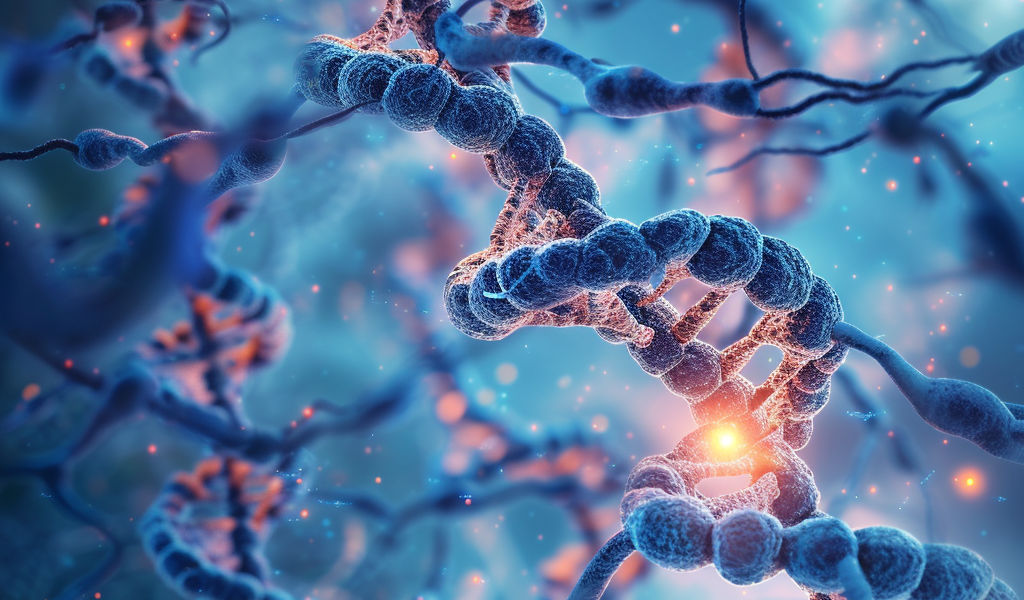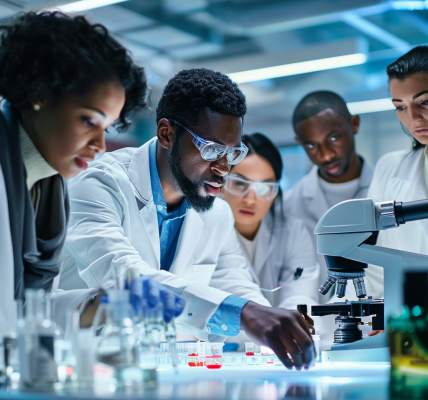Alcohol and other drugs have a profound impact on the brain’s reward pathways and can lead to changes in genetic function. This raises the question: how can we combat addiction?
Many individuals are naturally inclined to pursue and react to rewards. The brain perceives food as rewarding when hungry and water as rewarding when thirsty. However, addictive substances such as alcohol and drugs can overwhelm the brain’s natural reward pathways, resulting in intense cravings and diminished impulse control.
Contrary to a common misconception that addiction stems from a lack of willpower, advancements in molecular genetics have significantly transformed our understanding of addiction in recent years. The prevailing consensus among scientists and healthcare experts is that addiction has a substantial neurobiological and genetic foundation.
As a behavioral neurogeneticist leading a team dedicated to investigating the molecular mechanisms of addiction, I integrate neuroscience and genetics to comprehend the influence of alcohol and drugs on the brain. Over the past decade, there has been a notable evolution in our comprehension of the molecular mechanisms of addiction, largely attributable to a deeper understanding of the dynamic regulation of genes in the brain. These new perspectives on the formation of addictions have the potential to revolutionize our approach to treatment.
Alcohol and Drugs Impact Brain Gene Activity
Each brain cell contains an individual’s genetic code stored in long strands of DNA, which is tightly packed around histone proteins. Sections of unwound DNA contain active genes that encode proteins serving vital functions within the cell. Alterations in gene activity lead to changes in the proteins produced by the cells, influencing anything from a single neuronal connection in the brain to behavioral patterns. This genetic orchestration implies that while genes influence brain development, the activation or deactivation of genes during the learning process is dynamic and adaptable.
Recent findings from animal models indicate that alcohol and drugs directly influence changes in gene expression within brain regions associated with memory and reward responses. The tightness of DNA winding around histones and other proteins within each neuron dictates gene expression and protein production.
Addictive substances can induce changes in gene expression through various mechanisms, including the alteration of DNA-binding proteins, modulation of DNA unwinding, and modification of histone proteins. These alterations can have a profound impact on brain function and behavior, contributing to the development and perpetuation of addiction.





